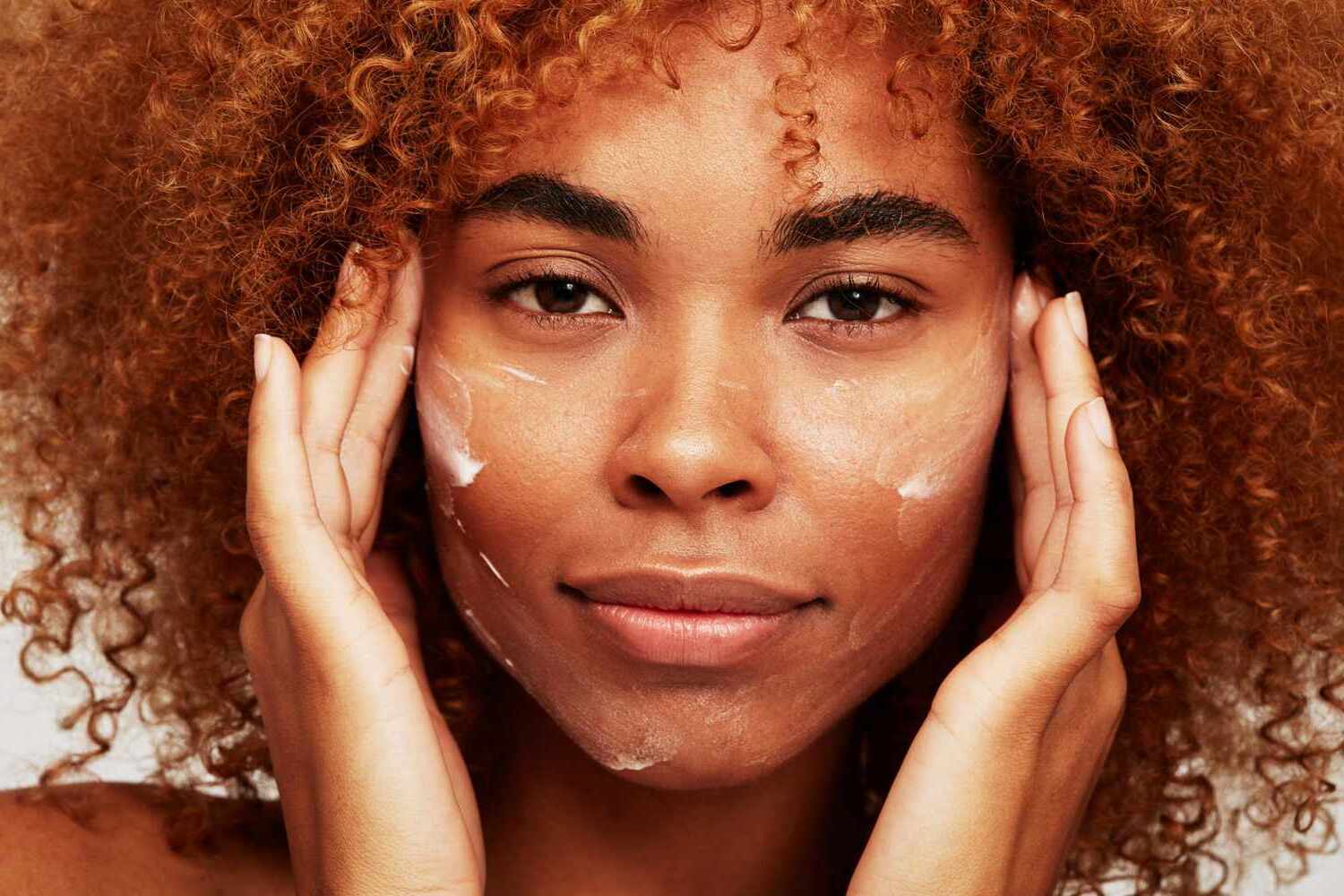
Hydrated skin isn't just about looking good; it's about feeling good too. Why is keeping your skin hydrated so important? Proper hydration helps maintain skin elasticity, reduces the appearance of wrinkles, and creates a natural barrier against environmental damage. When skin is well-hydrated, it looks plumper, healthier, and more radiant. Dehydrated skin, on the other hand, can lead to dryness, flakiness, and even breakouts. Hydration also plays a crucial role in the skin's ability to repair itself and fight off irritants. Whether you're dealing with harsh weather, pollution, or just the daily grind, keeping your skin hydrated can make a world of difference. Ready to dive into the world of hydrated skin? Let's get started!
Key Takeaways:
- Hydrated skin is essential for a healthy and youthful appearance, helping to maintain elasticity, reduce sensitivity, and promote faster healing. It's not just about looking good, but feeling good too!
- Keeping your skin hydrated involves more than just drinking water. Using a humidifier, choosing the right moisturizer, and eating hydrating foods can all help maintain smooth, soft, and healthy skin.
What Are Hydrated Skin Benefits?
Hydrated skin isn't just about looking good. It plays a crucial role in overall health. Here are some surprising benefits of keeping your skin well-hydrated.
- Improved Elasticity: Hydrated skin maintains its elasticity, making it less prone to wrinkles and sagging.
- Enhanced Barrier Function: Proper hydration strengthens the skin's barrier, protecting against environmental damage.
- Reduced Sensitivity: Well-hydrated skin is less likely to become irritated or inflamed.
- Better Texture: Hydration smooths out rough patches, giving skin a softer feel.
- Faster Healing: Hydrated skin repairs itself more quickly, reducing the appearance of scars and blemishes.
How to Keep Skin Hydrated
Maintaining skin hydration involves more than just drinking water. Here are some effective ways to keep your skin moisturized.
- Use a Humidifier: Adding moisture to the air helps prevent skin from drying out.
- Choose the Right Moisturizer: Look for products with ingredients like hyaluronic acid and glycerin.
- Avoid Hot Showers: Hot water can strip skin of its natural oils, leading to dryness.
- Drink Plenty of Water: Staying hydrated from the inside out is essential.
- Eat Hydrating Foods: Foods like cucumbers, watermelon, and oranges can boost skin hydration.
Common Myths About Hydrated Skin
There are many misconceptions about what keeps skin hydrated. Let's debunk some of these myths.
- Myth: Oily Skin Doesn't Need Moisturizer: Even oily skin needs hydration to maintain balance.
- Myth: Drinking Water Alone is Enough: While important, water intake should be complemented with topical hydration.
- Myth: Only Dry Skin Needs Hydration: All skin types benefit from proper hydration.
- Myth: Moisturizers Make You Break Out: Non-comedogenic moisturizers won't clog pores and can prevent breakouts.
- Myth: You Can Over-Hydrate Your Skin: Skin will only absorb what it needs; excess product won't cause harm.
Signs Your Skin is Dehydrated
Recognizing the signs of dehydrated skin can help you take action before it becomes a bigger issue.
- Dullness: Dehydrated skin often looks lackluster and tired.
- Tightness: A tight feeling, especially after cleansing, indicates a lack of moisture.
- Flakiness: Peeling or flaking skin is a clear sign of dehydration.
- Increased Sensitivity: Dehydrated skin may react more strongly to products and environmental factors.
- Fine Lines: Dehydration can make fine lines more noticeable.
Natural Remedies for Hydrated Skin
Sometimes, the best solutions come from nature. Here are some natural remedies to keep your skin hydrated.
- Aloe Vera: Known for its soothing properties, aloe vera is excellent for hydration.
- Coconut Oil: This natural oil helps lock in moisture and provides essential fatty acids.
- Honey: A natural humectant, honey attracts and retains moisture.
- Avocado: Rich in healthy fats, avocados nourish and hydrate the skin.
- Oatmeal: Oatmeal baths can soothe and hydrate dry, irritated skin.
Final Thoughts on Hydrated Skin
Keeping your skin hydrated isn't just about looking good; it's about feeling good too. Drinking plenty of water, using moisturizers, and eating water-rich foods can make a big difference. Hydrated skin helps prevent dryness, flakiness, and even premature aging. Plus, it can improve your overall complexion, making your skin look more vibrant and healthy.
Don't forget the importance of a good skincare routine. Cleansing, exfoliating, and moisturizing regularly can help maintain that hydration. Also, consider using products with ingredients like hyaluronic acid and glycerin, which are known for their hydrating properties.
Remember, everyone's skin is different. What works for one person might not work for another. So, listen to your skin and adjust your routine as needed. Stay hydrated, and your skin will thank you!
Frequently Asked Questions
Was this page helpful?
Our commitment to delivering trustworthy and engaging content is at the heart of what we do. Each fact on our site is contributed by real users like you, bringing a wealth of diverse insights and information. To ensure the highest standards of accuracy and reliability, our dedicated editors meticulously review each submission. This process guarantees that the facts we share are not only fascinating but also credible. Trust in our commitment to quality and authenticity as you explore and learn with us.


